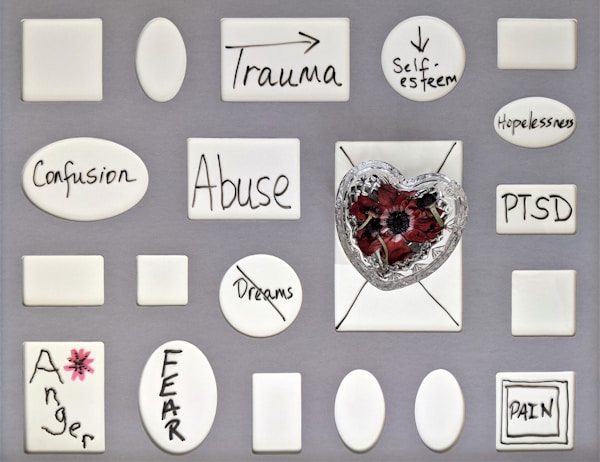When someone experiences a traumatic event, their natural response may be to fawn over those around them in an attempt to gain their approval and strengthen their connection to them. While this may seem like a harmless way to cope in the short-term, fawning can actually have some serious long-term consequences.
What is fawning?


We have one idea of fawning, but we may not know that it’s a trauma response in some people. So what is fawning? When someone experiences a traumatic event, their body and mind can go into overdrive in order to try and protect them. One of the ways this can manifest is through fawning or excessive and often inappropriate displays of affection and attention. In fact, excessive fawning can actually prevent someone from healing their trauma.
Many people confuse fawning with healthy coping mechanisms. Fawning is often mistaken for being a healthy way to cope with difficult situations. However, fawning is actually a very unhealthy way to cope. Fawning is a way to avoid your feelings and avoid dealing with the situation. Healthy coping mechanisms involve facing your feelings and dealing with the situation head-on.


Fawning is also viewed as a trauma response, most likely when a child grew up with a narcissistic parent. When you are the child of a narcissistic parent, you may feel like you are walking on eggshells constantly. You may feel like you can never do anything right, and that your parent is never pleased. You may feel like you are always being compared to others, and that you can never live up to your parent’s expectations. In adulthood, you may begin to deal with stressful situations by fawning over those you’re worried you offended. This is a short-term solution to deep-seated trauma, and it causes more harm than good.
What are the signs of fawning?
Now that you know what fawning is, it’s important to look for the signs so you’re aware of what the behavior may look like in your loved one who has experienced a traumatic event. When looking for fawning in someone who suffers from trauma, there are a few signs to look out for.
Some signs that someone is fawning over you include excessive compliments, asking for favors, and agreeing with everything you say.
When someone is fawning over you, they are likely to be excessively flattering and may even go so far as to put you on a pedestal. They may make excessive eye contact, gush about how wonderful you are, and try to please you in any way possible.
How is fawning unhealthy?


While fawning may seem like a harmless act, it can actually be quite harmful to your health because of its nature as a trauma response. Fawning is a way people with trauma protect themselves from further harm.
Fawning can make you feel inferior. When you fawn over someone, you are putting them on a pedestal and making them feel superior to you. This can be very damaging to your self-esteem and can make you feel like you are not good enough.
Fawning can make you feel insecure. When you fawn over someone, you are essentially telling them that you need them. This can make you feel insecure and dependent on others.
Fawning can make you feel anxious. When we put too much emphasis on what others think of us, our anxiety levels tend to rise. Fawning can lead to stressing over how others view you and how you can please them so they don’t bring harm to you in the future.
Fawning is a sign of submission and can be seen in both human and animal behavior. When someone is fawning over someone else, they are displaying characteristics of submissiveness in order to curry favor or gain approval. Fawning can be a sign of an underlying anxiety disorder when it becomes a compulsive behavior.
People with an anxiety disorder may fawn over others as a way to seek attention or avoid conflict. If someone you know has been known to fawn over people and has come from a difficult past, you can help them by pointing out their behavior and encouraging them to seek professional help to work through the damage their past has caused them.










